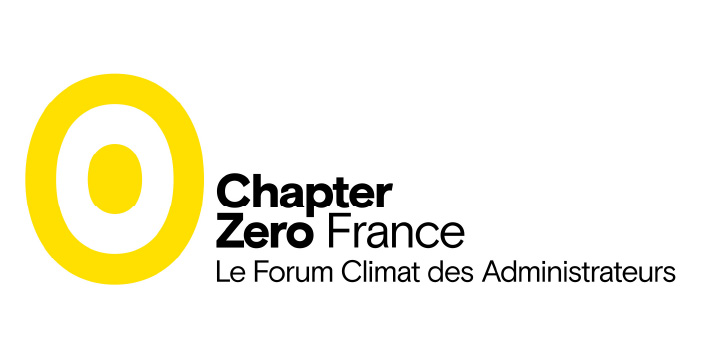Date: 25 March 2021

Host:
Chapter Zero France
Panellists:
- Charlotte Gardes – Deputy Head of the Sustainable Finance, Corporate Law, Accounting Standards and Corporate Governance Unit, French Ministry of Economy and Finance
- Romain Poivet – Climate Project Manager, ADEME (French Agency for Ecological Transition)
- Antonio Carrillo Doblado- Global head climate & energy, LafargeHolcim
Moderator:
Vicky Sins – Lead Decarbonisation and Energy Transformation, World Benchmarking Alliance
In this session of the CGI’s Global Summit, the panel looked at ways in which companies could be held accountable for their emissions. Moderator Vicky Sins warned that the “transition is not easy” and as such, “needs to happen at a skill and a pace that is unprecedented”. That shouldn’t be an excuse for delaying to a later date, however: “A lack of action is more dangerous than the uncertainty that the transition is bringing,” she warned. It’s better to act and assess as you go on, than be paralysed by a lack of expertise.
The panel then went on to look at three existing methods and initiatives for reducing business emissions, the first being the ACT Initiative. It’s the only international initiative of the UNFCCC’s Marrakech Partnership for Global Climate Action that creates an accountability framework and sectorial methodologies to assess how companies’ strategies and actions contribute to the Paris Agreement mitigation goals.
An ACT assessment allows company stakeholders such as investors or policymakers and company board members to understand, challenge and support the company strategy from a decarbonisation factor.
The next initiative discussed by the panel was the World Benchmarking Alliance, which is developing methodologies or teaming up with methodology providers to develop free and publicly available benchmarks that measure and compare individual company performances on the delivery of the Sustainable Development Goals (SDGs). These benchmarks equip investors, governments, individuals and companies and their boards with the information needed to engage and step up transition plans.
Finally, the experts discussed the validity of EU taxonomy, which back in 2018 was a core component of the European Commission’s sustainable finance action plan. The panel agreed that it’s a two-sided coin: on one side, trajectories are developed to reach sustainability thresholds; on the other, financial and governance strategies are mooted for closure, in a bid to help companies achieve the agreed threshold.
For companies like LafargeHolcim, Antonio Carrillo Doblado explained, integrating sustainability in the heart of the decision making has led to a surge of effort in pushing sustainability into business strategy and culture. With the right toolkit, companies can decarbonise – and it’s up to the boards to ensure that they do. As the panel reminded the audience, there is a less than a decade until the intermediate 2030 deadline globally agreed in the Paris Agreement. Boards must ensure that they advocate and drive transformational – not just incremental – change.